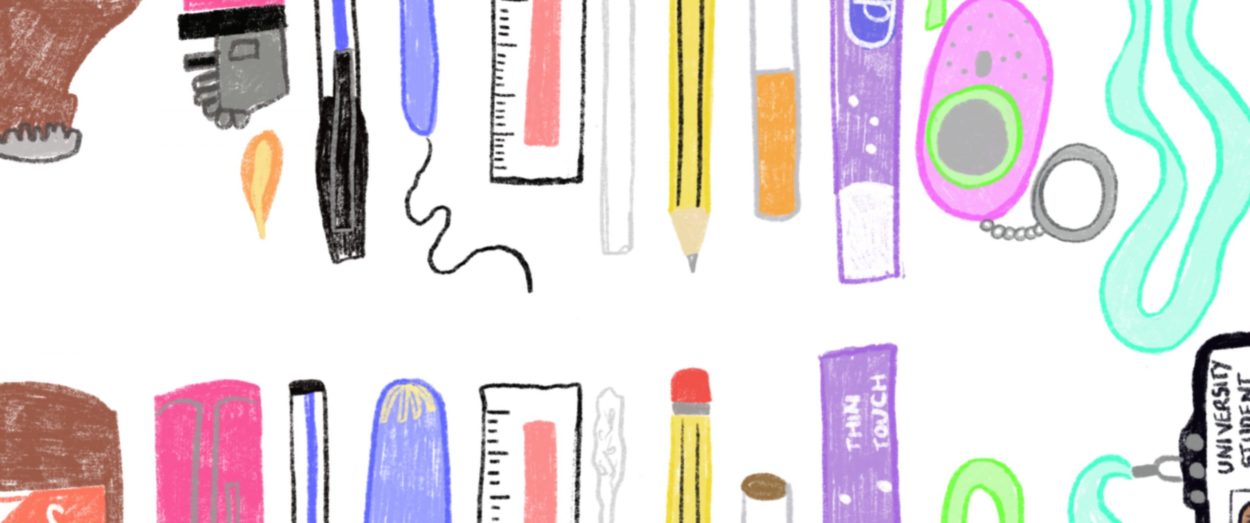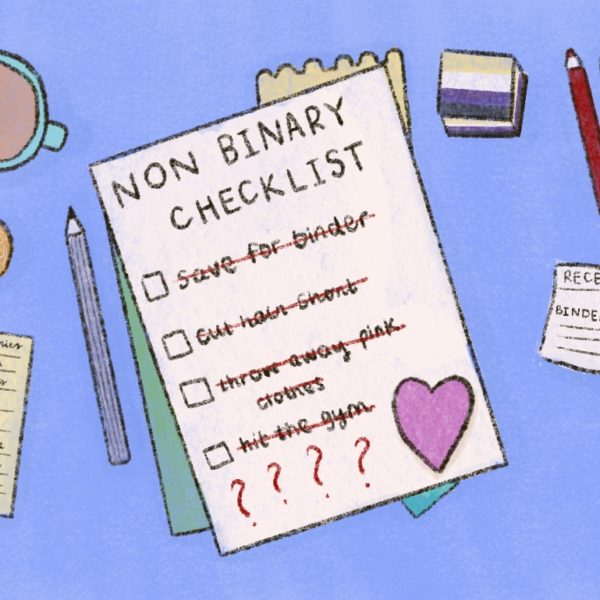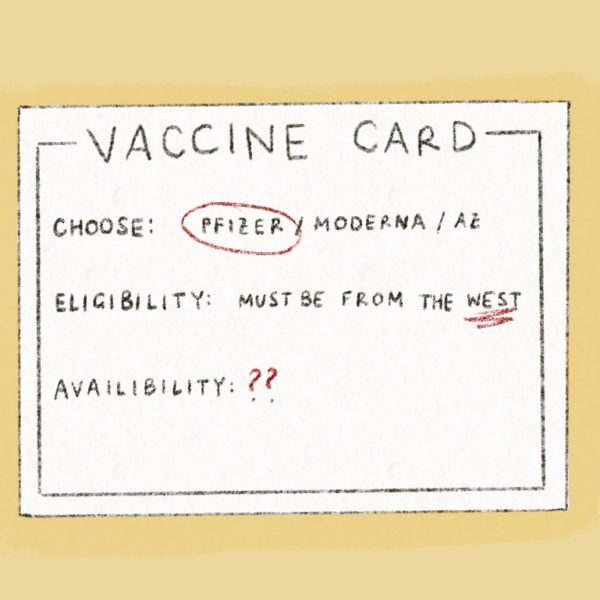I’m sitting, staring at my emails as the ninth rejection of the week pings into my inbox. There is perhaps no task more tedious and ego-destroying than the relentless post-graduation job-hunting grind. I’m currently in the ether space.

Liminal Space
Behind me is the relative security of academia, where each deadline is a fixed goal on a calendar, marred by procrastination and the urgent need to move forward. Ahead of me is, I can only hope, a vibrant but comfortably monotonous existence interrupted only by the occasional existential crisis. However, in the in-between, where neither exists, there is a horrible reckoning to be had. Who am I when there is nothing around to distract my mind? What does it mean to live in the transition space between one era of your existence and the next? Imagine there is a jigsaw, a collection of individual pieces that fit together to create the familiar image of your life. It may not be perfect, slight gaps and cracks and dips, but there is a sense of unity and similarity that quells any fears of loneliness. Entering your early twenties is watching the jigsaw smash. Once-entangled lives are scattered, each person inhabiting their own shard, their own path.
Humans have never coped well with change, despite it being a fundamental aspect of our nature. Without evolution, technological advances and an ever-adapting ecosystem, our chances of continued existence would be very slim. And yet, when change focuses its force on you, relishing in the rapid and jarring removal of everything you knew, eager to push you into the next stage of your life, it is ruthless. For most people this transition space is a footnote in their retelling, hardly earning a sentence in a conversation – as though moving from one phase of their life to the next was instantaneous and gentle. There is one notable exception to this rule. The Gap Year™. Though often mocked, taking a purposeful break, filled with travelling and figuring yourself out, tends to only be acceptable in a tender spot between the ages of eighteen and twenty-two. It seems a bizarre condition to place on humans, the pressure to have a socially acceptable crisis of self within certain years and context. However, as most people can attest, even when you know it’s coming, dealing with the in-between is often messy and unplanned.
Of course, from the perspective of a post-grad living in London, it’s impossible to undertake some much needed soul-searching without addressing capitalism. Despite my best efforts, any attempts to divorce the impact of this socioeconomic system from my attempts at giving myself a break have been futile. It’s impossible to take the well-intentioned advice of friends and family to ‘enjoy the rest, you have your whole life to work’, when the only way to independently exist is by earning money. How are young people meant to figure out who they are when they are still inextricably tied to either their parents or a demoralising, zero-hours, minimum wage contract to make ends meet? And yet the only way to break this is by working even more, climbing the hierarchy, doing countless job applications, and navigating a complicated and tangled employment system. Not to be bleak, but it doesn’t leave much time for discovering who you are.
Luckily, there are quiet moments, snatches of time when you’re not utterly exhausted and wanting to tune out your mind to some trash TV. It is in these snippets of precious quiet that we can reflect and process what the next five years of life could be in all its vague glory. Perhaps this uncertainty is what has led me to that sweet spot between dreams and reality. Fiction.
One thing that has not changed since I was young is my tendency to escape into fiction any chance I have. Living in a different world for a few hours, where I could be anyone or anything, gives an odd sense of relief. These characters hold no expectation of what I’m capable of or who I should be. For me, it is the best way to distil the qualities in myself I value most and would always carry with me, whether I’m plunged into a land filled with magic and dragons or simply another mundane rainy day in England.
Recently, I’ve found myself returning to that infamous quote in The Bell Jar, by Sylvia Plath:
“I saw myself sitting in the crotch of this fig tree, starving to death, just because I couldn’t make up my mind which of the figs I would choose. I wanted each and every one of them, but choosing one meant losing all the rest, and, as I sat there, unable to decide, the figs began to wrinkle and go black, and, one by one, they plopped to the ground at my feet.”
The most dangerous aspect of this liminal space is choice. The constant worrying as to whether any decisions I make are the right one; and the sometimes debilitating fear of setting a trajectory that makes me miserable. Shaking this mindset and being confident that in this moment, I know myself, has been difficult. But, as I build a home in this small jigsaw piece of time that I can call unequivocally mine, I find I don’t mind.
Asyia Iftikhar
Header Image by Peggy Mitchell, one of Clitbait’s wonderful Graphic Designers



Leave a Comment